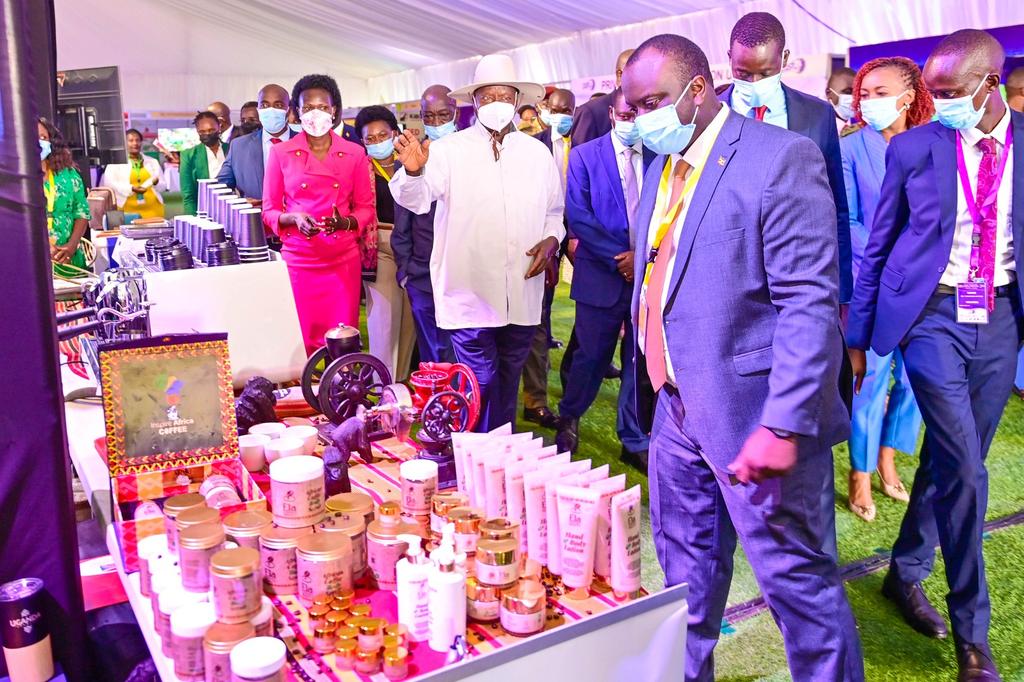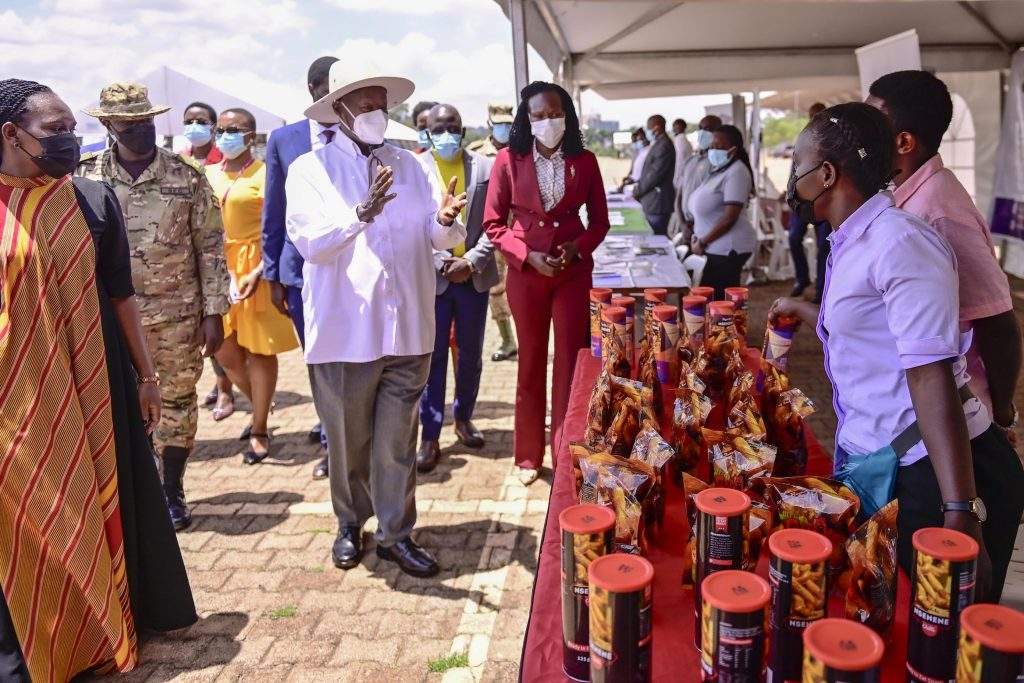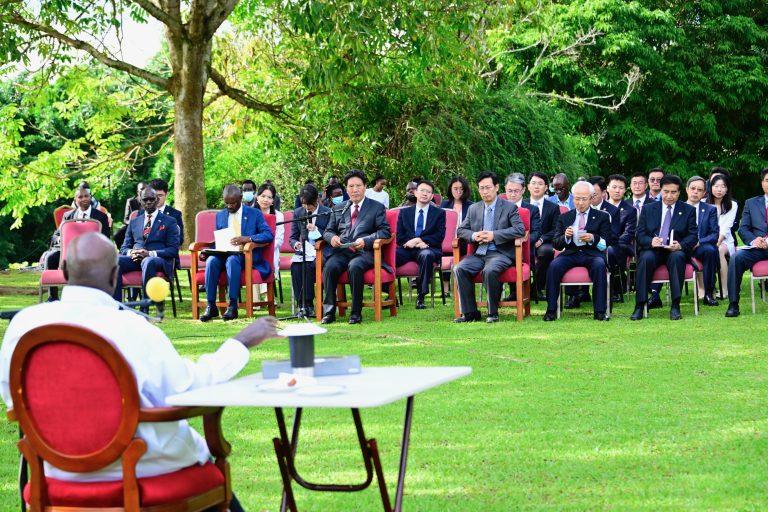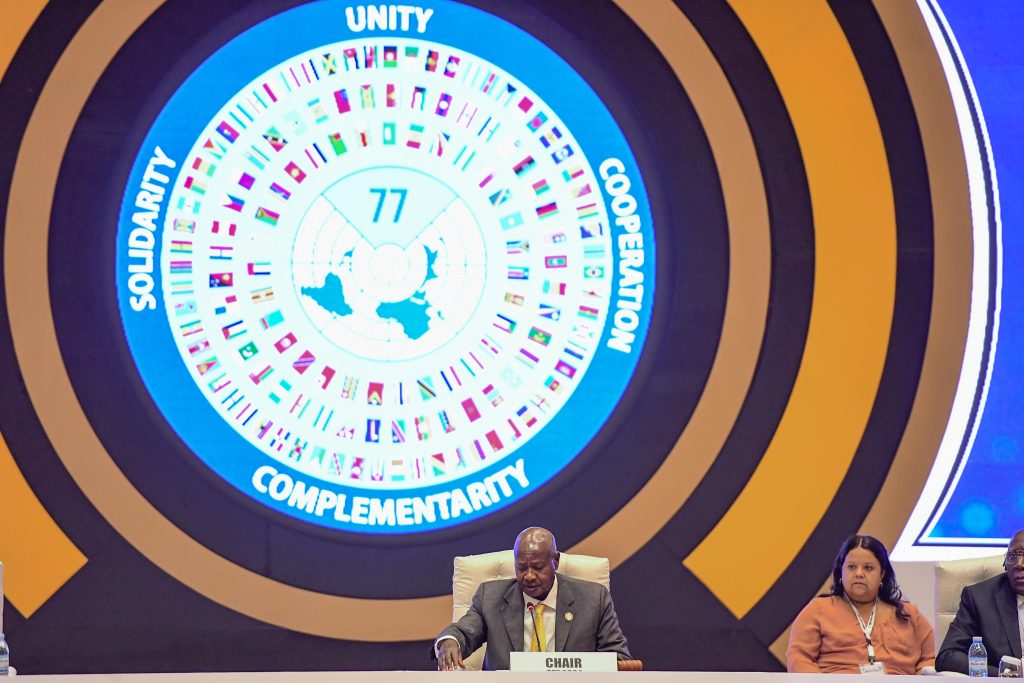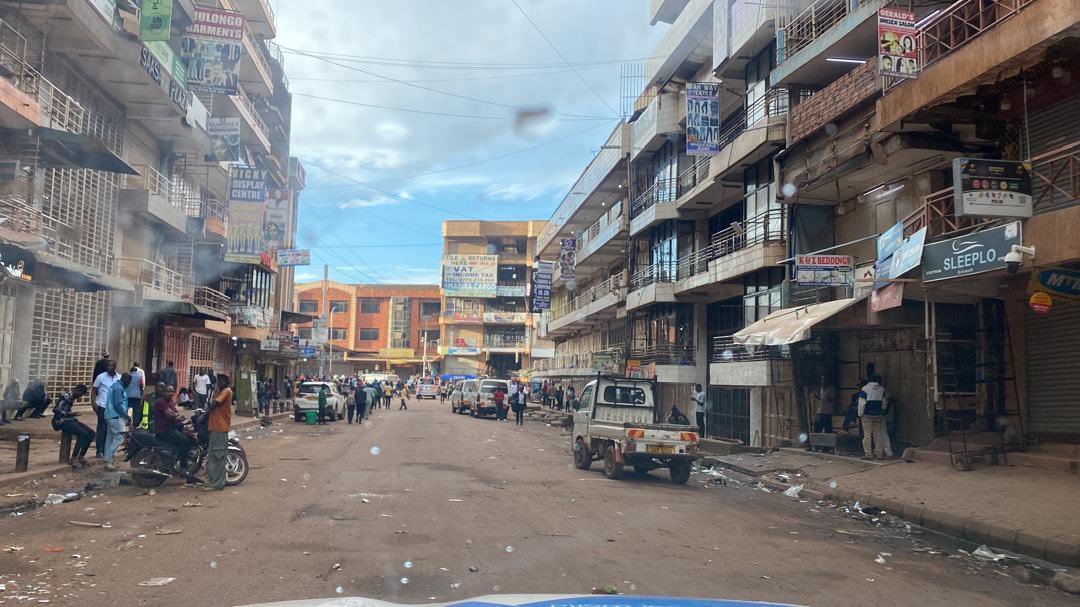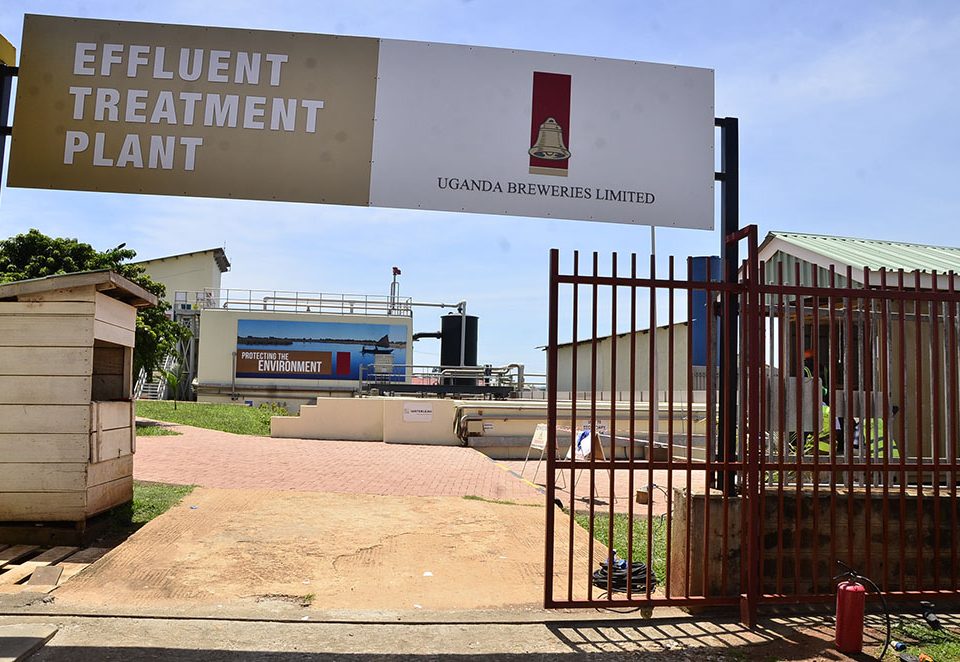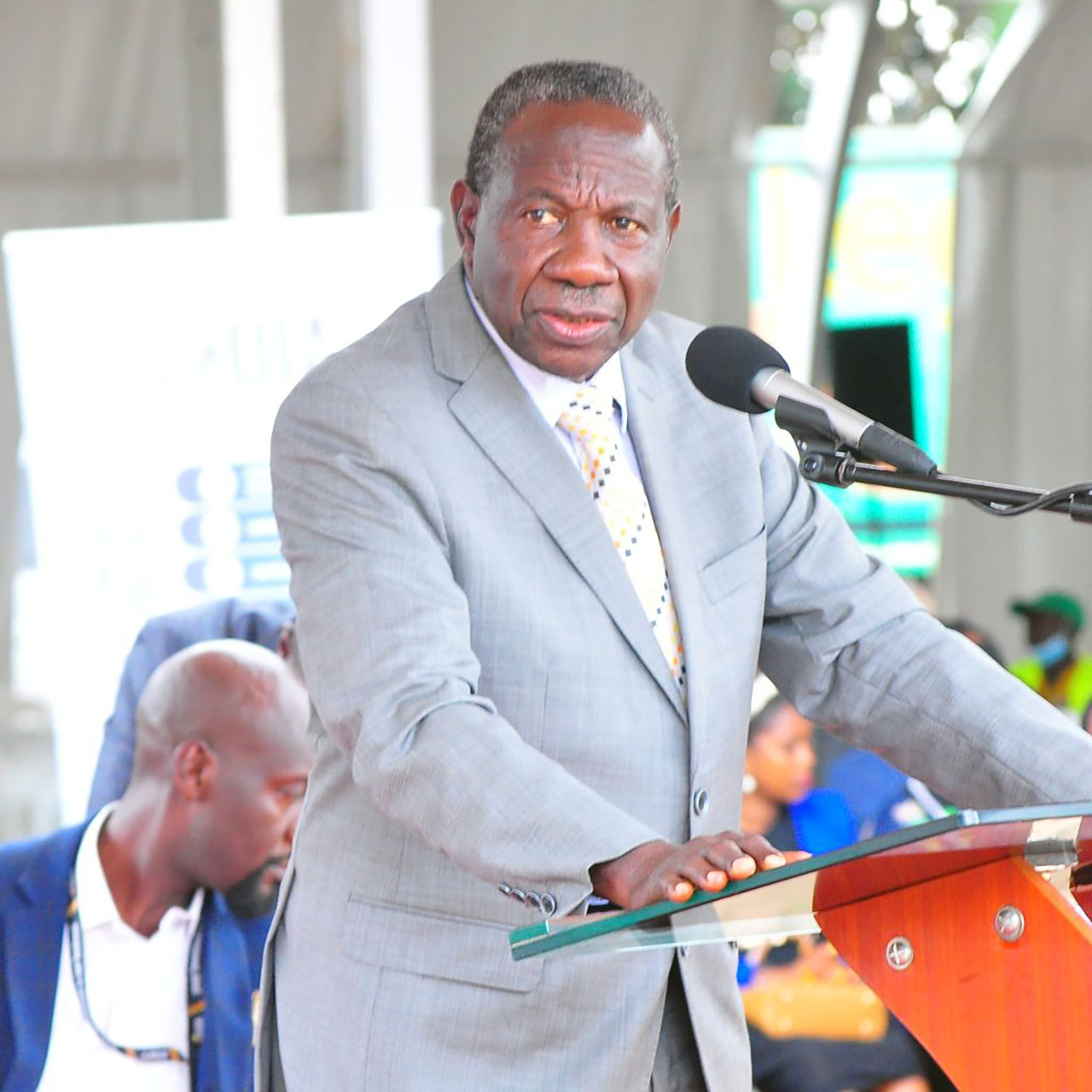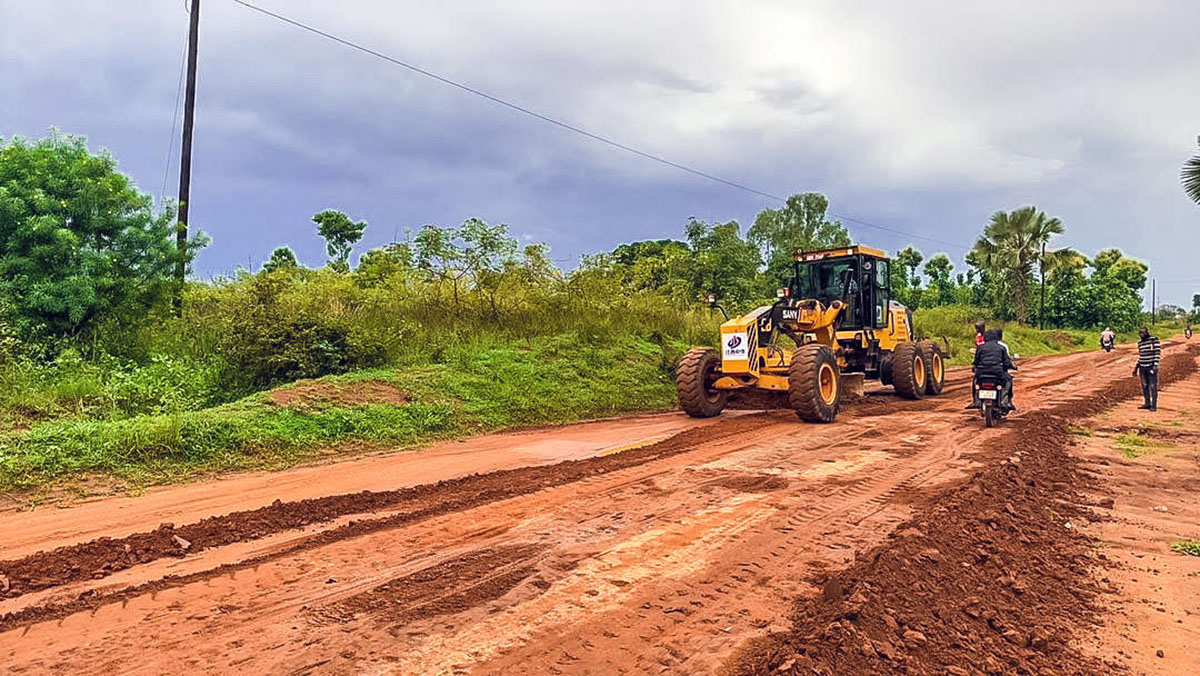Optimism as Uganda nears full BRICS nod

BRICS participants pose for a group photo at the Summit in Kazan, Russia, on October 24.
Uganda has become one of the two African countries that have been admitted into the BRICS alliance in the category of ‘partner states.’
In a post on a post on X (formerly Twitter) during their Summit in Kazan, Russia, the BRICS group said; “BRICS officially added 13 new nations to the alliance as partner countries (not full members).”
The other countries that have joined as ‘partner nations’ include; Algeria, Belarus, Bolivia, Indonesia, Kazakhstan, Malaysia, Nigeria, Thailand, Turkey, Uzbekistan, and Vietnam. However, these countries, including Uganda, were added as partner countries and not full members.
- Originally launched by Brazil, Russia, India and China, the bloc previously added only one new member - South Africa in 2010 - since its inception in 2006.
Today, BRICS boasts of nine full members including Iran, Egypt, Ethiopia, and the United Arab Emirates, which were granted full membership in January this year. These four countries attended their first BRICS summit as full members at the 2024 gathering in Kazan, Russia.
Russia holds the rotating BRICS presidency this year and has set out to use its time as chair to focus on establishing a more “fair world order.” Another 17 countries had expressed a desire to join the bloc.
- Top leaders from 36 countries, as well as the UN Secretary General, attended the three-day summit in Kazan, under the theme; “Strengthening Multilateralism for Just Global Development and Security.”
For countries like Uganda, joining BRICS represents not just an opportunity for economic growth, but a chance to break free from the financial constraints imposed by institutions that have long favoured the Global North – North America and Western Europe.
In a resolution after the summit, members said; "We recognise the widespread benefits of faster, low cost, more efficient, transparent, safe and inclusive cross-border payment instruments built upon the principle of minimizing trade barriers and non-discriminatory access. We welcome the use of local currencies in financial transactions between BRICS countries and their trading partners."
However, amid struggles for cohesion and consensus among the bloc members, observers pointed out that as the bloc grows, the leaders must ensure that the founding principles of BRICS—non-alignment, sovereignty, and inclusivity—remain central to its mission.
For developing countries like Uganda, membership in BRICS presents an opportunity to shape the global narrative, to participate in a system that focuses on fairness, and to contribute to a bloc that is leading the charge towards economically challenging the West.
- Uganda sees being part of BRICS as a pivotal step toward diversifying its trade relationships as it can tap into the vast markets of member countries, which collectively represent approximately 3.3 billion people - about 40% of the global population - and over 25% of global GDP (World Bank, 2023).
- The BRICS nations also account for 16% of global trade and hold significant reserves of natural resources, making them crucial trading partners for countries like Uganda.
Analysts say that Uganda's inclusion in BRICS could stimulate foreign direct investment (FDI) in several critical sectors. The country’s GDP, which relies heavily on agriculture, is projected to benefit significantly from investments in oil, minerals, and infrastructure development.
According to the African Development Bank, African nations are increasingly seeking to assert themselves in international trade through partnerships emphasizing mutual benefit and economic development. The shift toward South-South cooperation is vital for countries like Uganda, which aim to reduce dependency on Western markets.
“BRICS provides a platform for African countries to engage on more equal footing with major economies,” the AfDB said in a recent report.



.jpeg)
